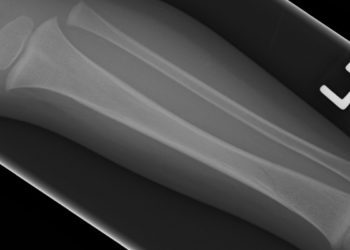AAP recommends close monitoring of foster children by pediatricians
1. Children in foster and kinship care are an exceedingly vulnerable population due to the high rates at which they have experienced abuse and/or neglect, exposure to violence, and fragmented care from multiple caregivers.
2. The American Academy of Pediatrics (AAP) recommends that medical care for children in foster/kinship care occur in a pediatric medical home that is educated on the effects of trauma/toxic stress on children and adolescents, is able to communicate with caseworkers and foster caregivers, and is able to provide comprehensive and frequent monitoring.
Statement Rundown: Children in foster and kinship care are a vulnerable population with significant unmet healthcare needs. Over 70% of children who enter the foster care system have experienced child abuse and/or neglect and over 80% have been exposed to significant violence. Furthermore, anywhere from 30 to 80% will enter foster care with 1 untreated medical problem. Many will have developmental health issues and educational difficulties, and this population is 3 times as likely to drop out of high school compared to other low-income children. The AAP recommends that all children in foster care have an initial health assessment within 72 hours of placement; a comprehensive evaluation addressing medical, mental health, developmental, educational, and oral health status within 30 days of placement; and a follow-up health assessment within 60 to 90 days of placement. Pediatricians should screen for signs of abuse and neglect at all of these visits. While children in foster care receive prescriptions for psychotropic medications 3 times more frequently than other children in Medicaid, the AAP recommends that pediatric mental health professionals evaluate these children prior to pediatricians starting these medications. Lastly, pediatricians in a medical home are advised to provide a link of continuity for children entering foster or kinship care by working with mental health professionals, child welfare caseworkers, foster caregivers, and others to provide trauma-informed care.
Click to read the policy statement, published today in Pediatrics
Relevant Reading: Special health care needs among children in the child welfare system
Image: PD
©2015 2 Minute Medicine, Inc. All rights reserved. No works may be reproduced without expressed written consent from 2 Minute Medicine, Inc. Inquire about licensing here. No article should be construed as medical advice and is not intended as such by the authors or by 2 Minute Medicine, Inc.







